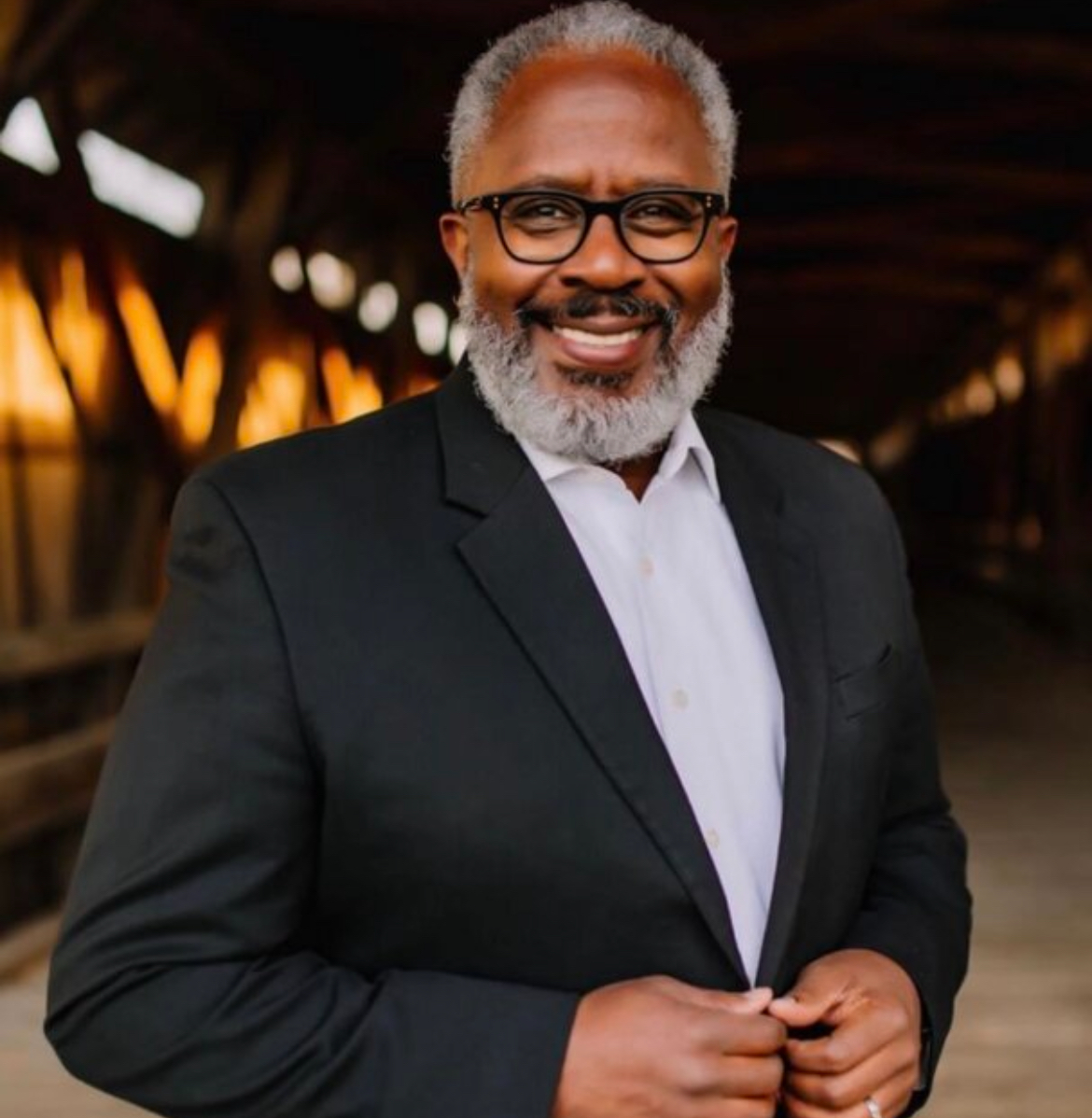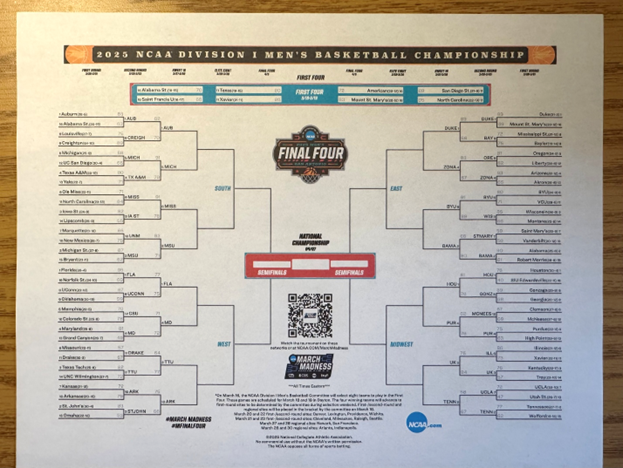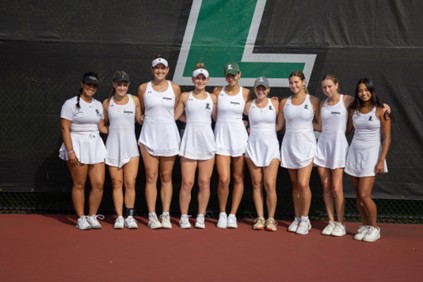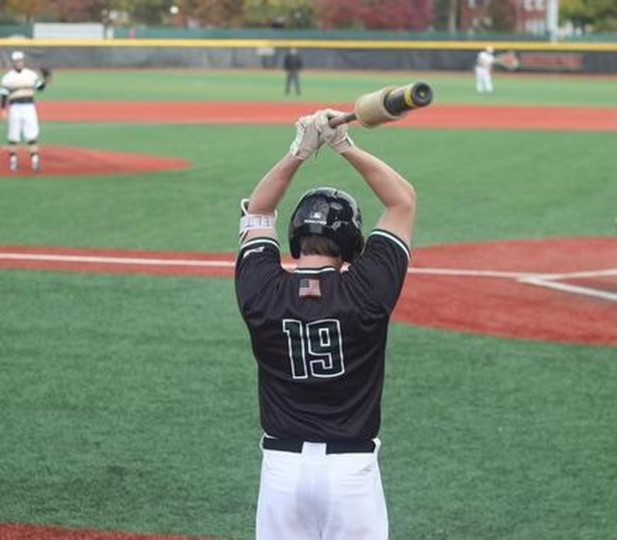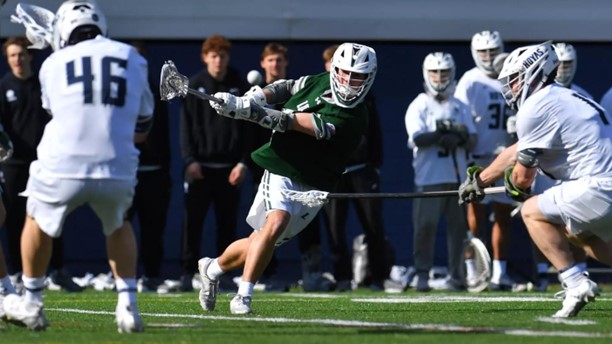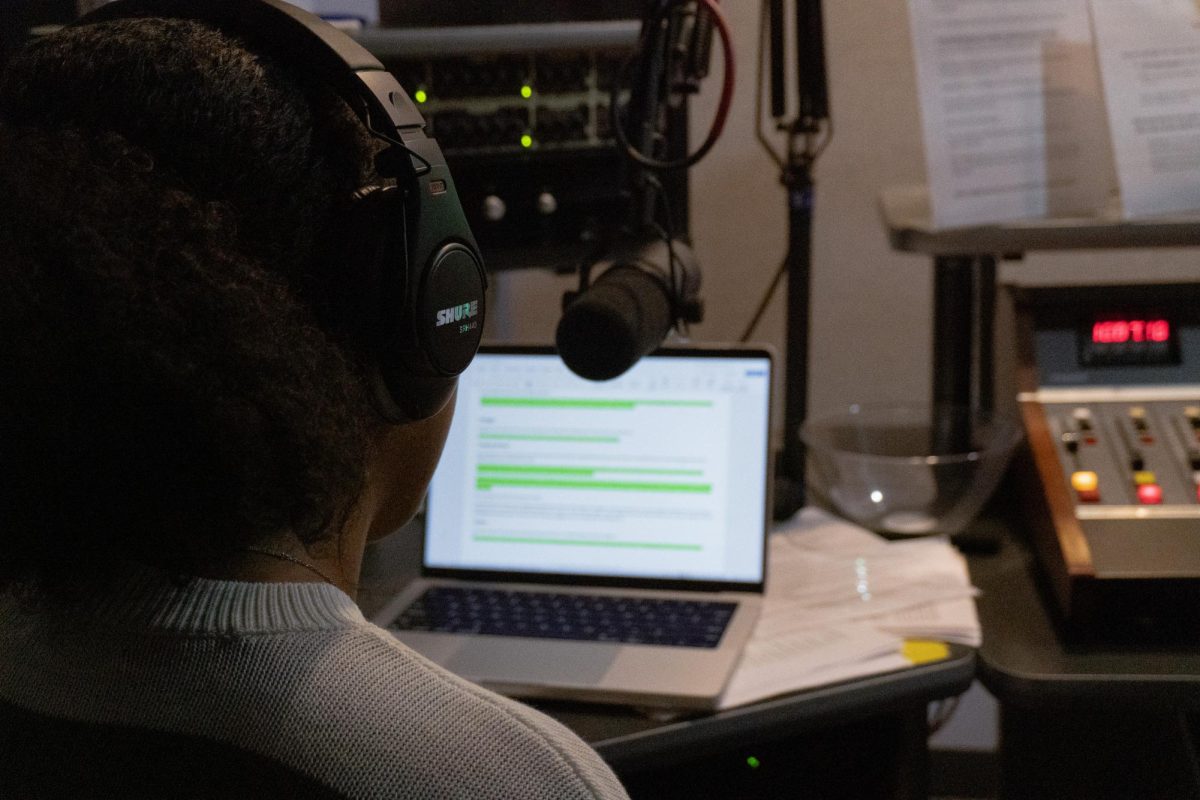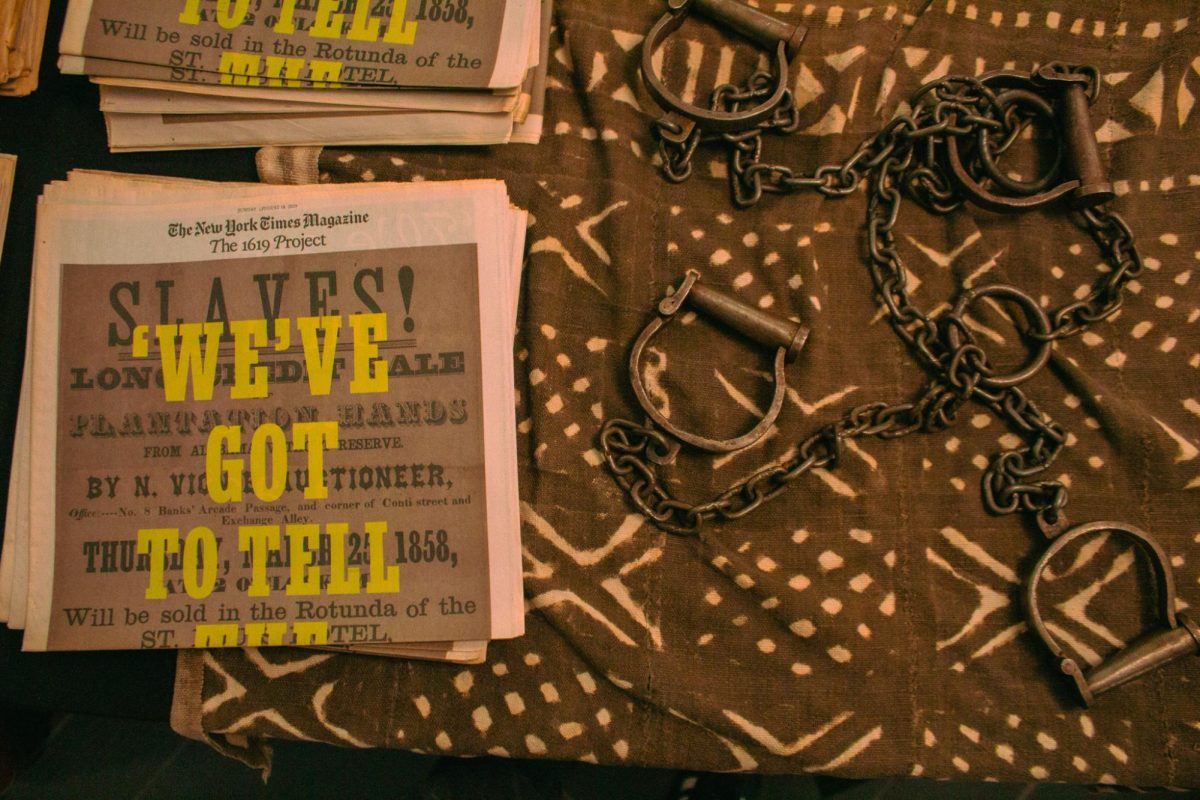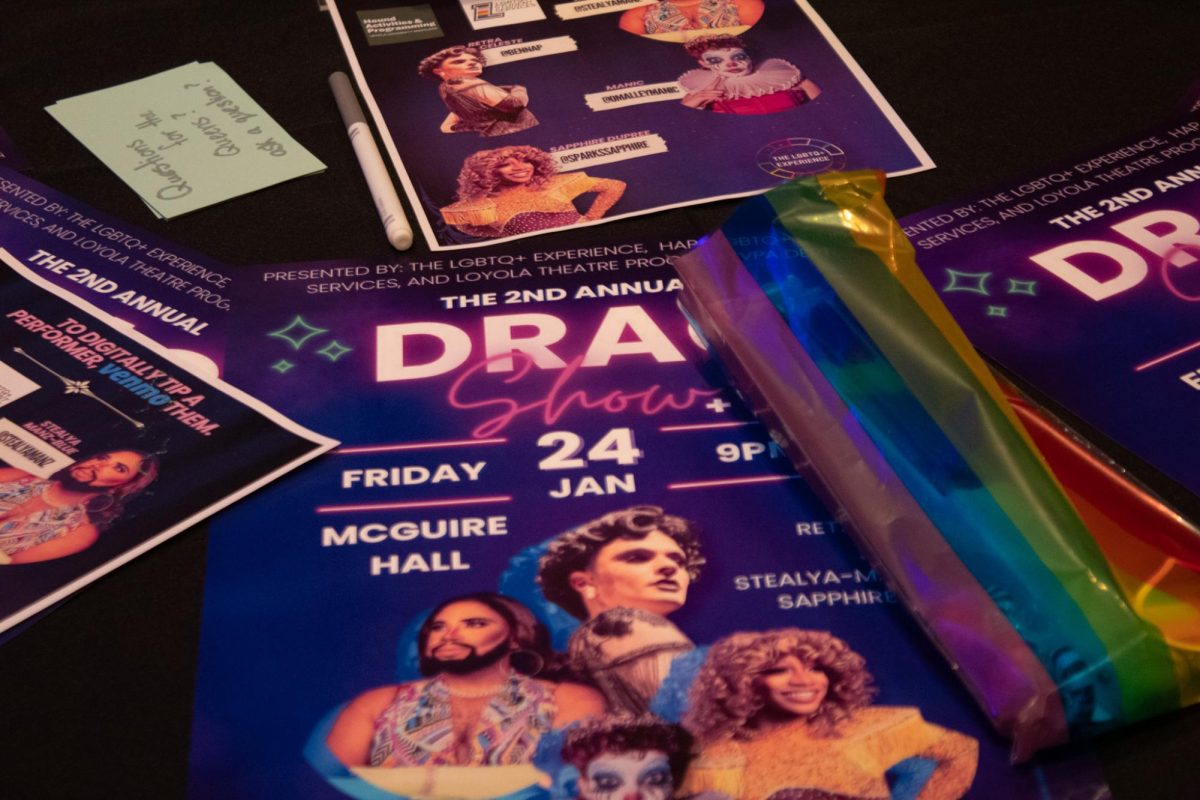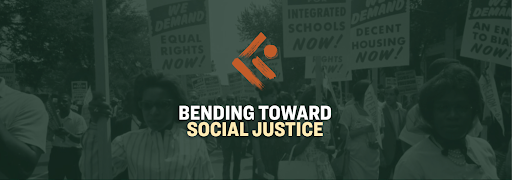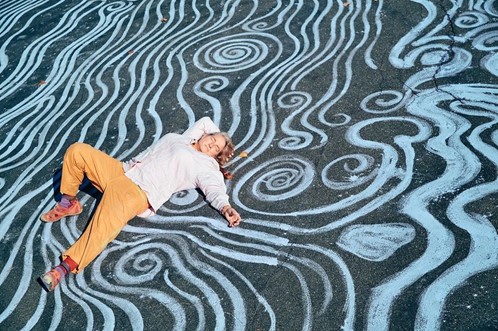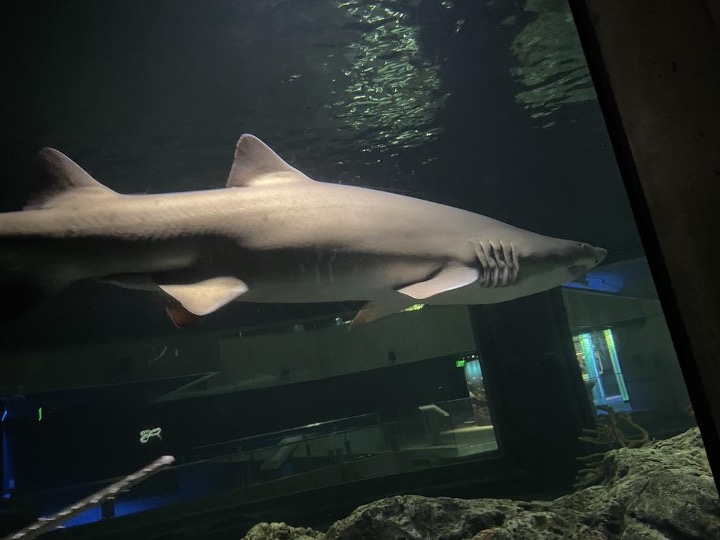In just two years, the Karson Institute for Race, Peace, and Social Justice at Loyola University Maryland has spoken to Dr. Anthony Fauci, Baltimore City Mayor Brandon Scott, and the Baltimore City Health Commissioner, Dr. Letitia Dzirasa.
Dr. Karsonya Wise Whitehead, the founder of the Karson Institute, and associate professor of Communication and African American studies at Loyola says the institute is making good progress on its goal to create spaces to come together to research, discuss, and explore answers to America’s most urgent questions regarding inequality, injustice, and racial inequities.
Beyond her work at Loyola, Dr. Whitehead has been nominated for three New York Emmys for her work as a documentary filmmaker and is the award-winning radio host of “Today with Dr. Kaye” on WEAA 88.9FM.
“The idea behind the Karson Institute for Race, Peace and Social Justice was to create a space and facilitate conversations regarding America’s most pressing questions. We wanted to have a space where we can talk to the community, no matter the age. We are committed to creating spaces to engage in conversations that link countries together,” Whitehead said.
Whitehead said there can be a sense that inequity and inequality are no longer pressing questions in America, but she sees evidence to the contrary. She said hate speech, particularly on Twitter, is rising, primarily against gay men, the Jewish community, and Black people.
“That lets me know that we’re not close to solving this problem and that this ‘problem’ mostly consists of a state of the heart, rather than laws and regulations,” Whitehead said. To combat this, Whitehead plans on keeping her three buildings and operation centers up and running.
Whitehead said, “We have a center for teaching and learning in our K-12 ward, our public engagement ward, where we have our podcast, and finally we have our center for research and culture, where we do our papers and other academic research.”
The Karson Institute has worked to offer diverse voices into the conversation on race and social justice. For example, on March 1, 2022, the Karson Institute hosted Dr. William Ruto, the Deputy President of Kenya. Whitehead said that during the conversation, Deputy President Ruto discussed many important issues regarding the long arm of African and African American history, the precarious and changing state of the environment as well as what democracy looks like in both Kenya and the U.S.
“To be in conversation with Deputy President Ruto, who has been a part of the political landscape in Kenya since 1992, and who has a background in plant ecology and the environment, we see this as a unique opportunity to brainstorm solutions to the critical issues that we are all facing,” Whitehead said. “The world is very small and like Dr. King once said, we are all connected in an ‘inescapable network of mutuality.’” Whitehead says she has no intention of taking her foot off the gas while leading the Karson Institute into its third year.
“The one goal perhaps at this time going into year three is about the scholarly space and coming together,” Whitehead said. “Doing this will allow us to look forward towards the mission, researching, discussing, debating, and most importantly, exploring answers to what I call America’s most urgent questions. That being, questions that revolve around inequality, injustice, and social justice.”
Currently, the Karson Institute for Race, Peace, and Social Justice is funded by Loyola University Maryland and has been since its initial founding just over two years ago. Whitehead expressed her hope to eventually be independently funded.
“I don’t want the Karson Institute to just be a blanket laying over issues here at Loyola, but I want the Karson Institute to become part of the fabric at Loyola, and be intertwined with Loyola’s beliefs,” said Whitehead. She invites all Loyola students to participate in Karson Institute programs.
“We have a wonderful program at the Karson Institute. We are going to be doing major interactive work coming this spring, so look out for all the things we are going to be doing.” Whitehead also mentioned how she is continuously looking for a successor to keep the Karson institute legacy alive in which she can pass the torch to.
“The Karson doesn’t work if the Karson Institute is simply wrapped around me. If it appears and stays that myself and the Karson Institute are one singular entity, then I haven’t done my work,” said Whitehead.
For more information on the Karson Institute for Race, Peace, and Social Justice, visit their website.
Featured Image Courtesy of the Karson Institute











